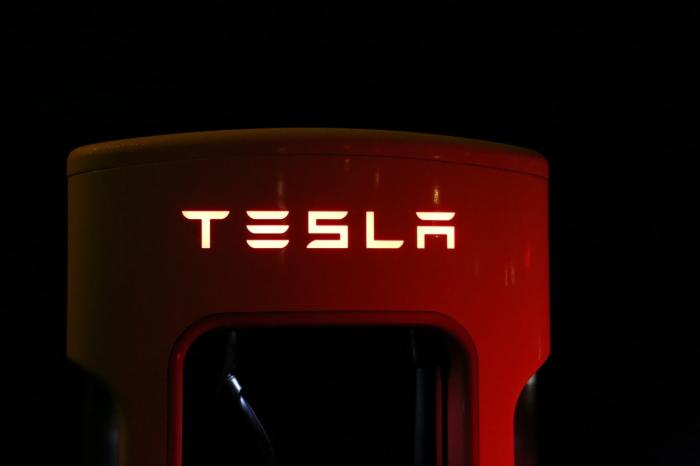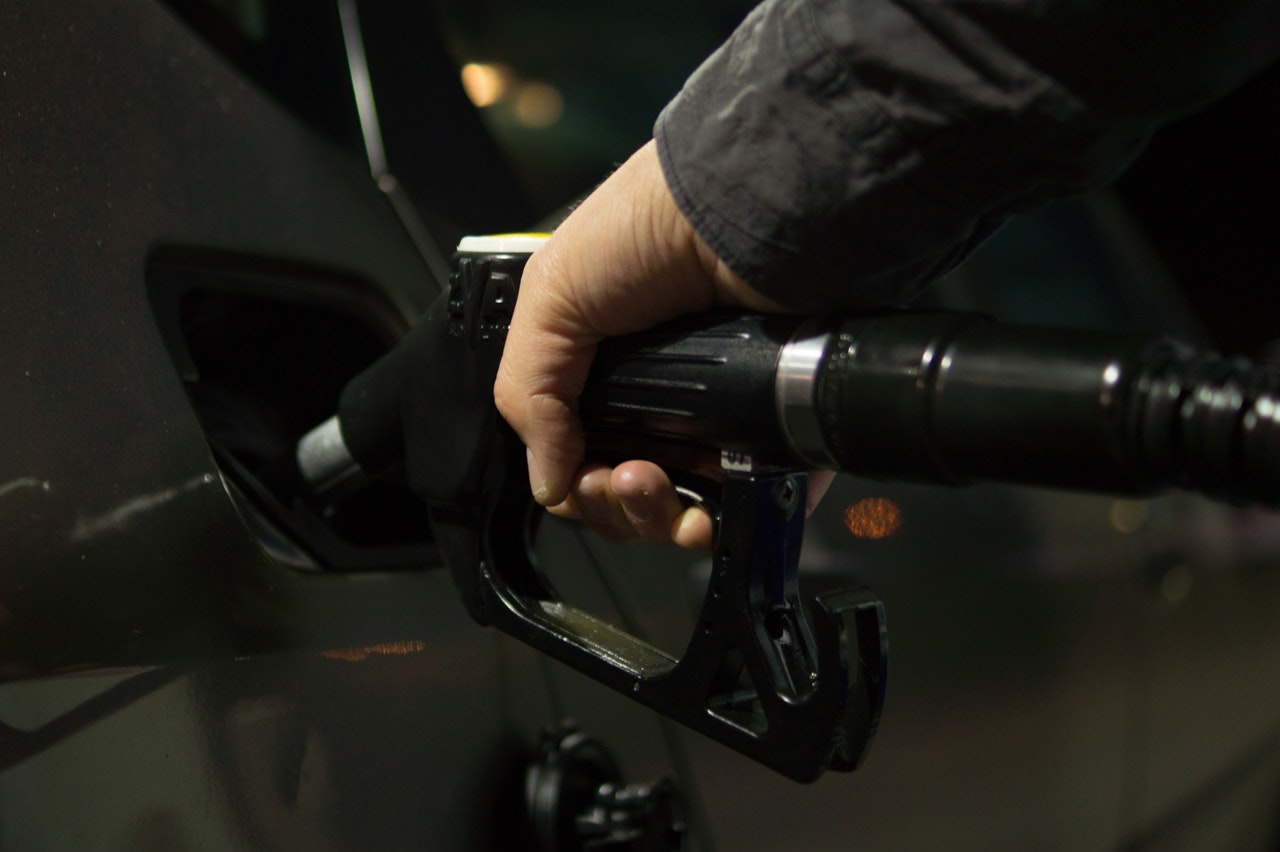Average diesel prices in the UK have been hit by the largest ever single-day rise as Russia’s invasion of Ukraine continues to impact the fuel supply chain.
Throughout March, UK fuel prices hit new record highs as retailers were criticised for failing to reflect “plummeting” wholesale costs. Despite the seemingly cascading wholesale costs, UK drivers are seeing the price they pay for petrol and diesel is reaching near-record levels and many are beginning to fear that retailers are not passing on potential savings to the British public.
Throughout March and early April, the average price of a litre of petrol has increased by 16p, making the cost of filling a typical 55-litre family car nearly £9 more expensive. The average cost of diesel has gone up by more than 24p during the same period which is the largest monthly price rise recorded since RAC Fuel Watch started monitoring prices in 2000.
To supposedly assist drivers to tackle these rising prices, the Chancellor Rishi Sunak announced that the Spring Budget will have a reduced fuel duty cost of 5p a litre until March 2023. However, many weeks from the March announcement, motorists have yet to feel the full benefit when they pay at the pumps.
RAC spokesman Rod Dennis told the BBC: “Unfortunately, wholesale fuel prices were already rising before the chancellor made his announcement on fuel duty.” He continued to say that as a result of this, retailers were buying fuel at a higher cost than they were a week prior. This will impact drivers as they will not see the price drops immediately. Wholesale prices are currently falling which should eventually be mirrored in the price at the pump but it is still yet to show.
The UK has a robust and growing green energy infrastructure and despite the fact recent storms have generated record wind energy output, reducing power prices by some 11%, consumers are unlikely to feel the cost savings of the increased renewably sourced energy in their wallets. This can be directly linked to the war between Ukraine and Russia as it is continuously affecting the cost of gas.
What has happened to the global fuel supply chain?
The simple explanation why fuel prices in the UK are going up is that the cost of a barrel of oil has risen and, unfortunately, the Chancellor’s 5p-per-litre cut to fuel duty came on a day when the price of oil rose by $6 (£4.57) per barrel.
The chain of events begins with the pandemic, and the fall in wholesale energy prices that came with it. At the time, the wholesale price of a barrel of crude oil was around $40, and throughout 2021 the cost per barrel more than doubled. This increase continued into 2022 and at the start of January this year, the cost of oil was $79 but this had risen to $92 by the end of the month. Since the start of the Russian invasion of Ukraine, the cost per barrel went above $100, making traders worried about disruption to the global supply chain.
There is a range of factors that are impacting UK drivers, from global supply issues, and market uncertainty through to Russia’s invasion of Ukraine. It seems that these crippling factors have contributed to near-daily price rises for UK drivers. These soaring fuel costs have contributed to the current cost of living crisis, which has seen inflation near a near-30-year high.
When the price of oil rises, we will often see fuel retailers passing on the cost to consumers at the pumps, just as they did in January 2022. To try and control this in the UK, a consumer energy price cap was established by regulator Ofgem which has limited the ability to react to rising prices.
As a result of these global factors, despite the caps, motoring organisations are still warning that drivers may struggle to fuel their cars and businesses will be forced to put up prices if the pattern continues.
If you are struggling with the constant rise of petrol and diesel prices and want to make a meaningful change to your motoring outgoings, why not look at a greener alternative? An electric vehicle or hybrid option could be the ideal solution. There is no doubt that the electric car market is rapidly increasing and over 10 million of them have appeared across the world in 2021. If you want to learn more about our favourite electric cars, click here.

